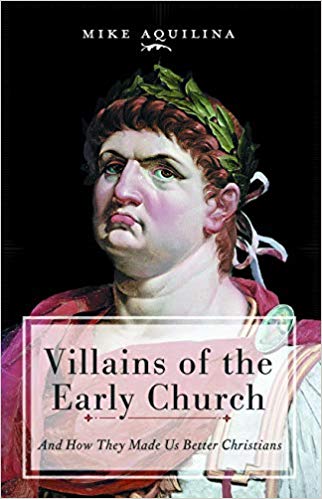Blessed Elisabeth of the Trinity helps us open our hearts to the coming of Christ. On the twelfth day of her Last Retreat, she offers a reflection on “the Word became flesh and dwelt among us.” Jesus has come to give us peace through opening up access to the Father’s house.
Whoever sees Christ sees the Father, and to see this love is to find that for which our hearts most long. This seeing, this contemplation, this knowledge is by faith. Here, faith is no mere assent to a body of information but a contemplative reality that seeks the saving truth and savors it. Faith is an encounter with the One whom the truths of our faith bear to us, and we believe what the Church proposes to us because we want to know Him. Whoever has surrendered his personal existence in response to the surpassing totality of love revealed by Christ crucified, this soul has gained access to the Father’s house, the freedom to go to our real spiritual home, the liberty that leads to our true peace.
Blessed Elisabeth sees the peace of Christ through the eyes of Saint Paul. Through the Blood of the Cross, the Lord leads all oppressive “Principalities and Powers” away “as captives, triumphing over them in Himself” (Col 2:15). Without the knowledge of Christ’s love, our dignity is vulnerable to all kinds of dehumanizing forces. But with the surpassing love we know in Christ Jesus, we are free from every form of irrational oppression — indeed, rather than rob of us dignity, the Lord permits all kinds of spiritual hardships only so that we might know the full extent of the greatness He calls us to and makes possible in our lives.
What the Apostle beheld in terms of oppressive cosmic forces, the Mystic of Dijon applies to our psychological powers. Our interior battle with ambiguity and darkness in terms of our own patterns of thought and behavior is part of a cosmic struggle where evil powers attempt to overcome the light. Just as Christ has taken diabolical powers captive, He also takes our psychological powers captive so that the ambiguity and confusion the emerges from them no longer robs us of our dignity as long as we persevere in believing in His love. Her application sees beyond the darkness of our interior frustrations to see the limitlessness of His mercy.
Beholding the unsurpassable love of the Lord, she understood how our limited powers of imagination, emotion, intuition, cognition and volition often hold us back. Without the Word of the Father, these powers subject us to a labyrinth of fears, anxieties, false judgments because they are subject, not to the truth, but to sin and disintegration. Left to their own, the powers of our soul frustrate that peace for which our hearts truly long.
Blessed Elisabeth also knew that Christ has the power to captivate, to hold even our own psychological powers captive. He does not lead our psychological powers by oppression and He is never violent. He attracts. He fascinates. He captivates – because in Him is the fullness of God, in Him all that is good, holy and true about humanity is revealed. His love is that beautiful and she knew this and longed for her friends to see it too. To see this love is to be freed from sin, to be raised up, to be capable of true praise.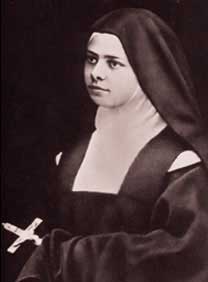
Techniques and methods rooted primarily in our own powers lack the freedom to achieve moral rectitude and cannot access the peace of the Father’s house. Instead, Blessed Elisabeth invites us this Advent to allow our hearts to be drawn into a greater silence and solitude. The surpassing love of Christ is known in our weakness, poverty, and thirst. By humbling accepting this poverty of heart, the beatitude of His presence is ours.
Our faith truly accesses God. Instead of attempting spiritual feats of devotion, Blessed Elisabeth invites us to simply surrender to His presence breaking in all around us. To turn our thoughts to His great love is already to lift up our hearts. To waste time thinking on what He has done for us by humbly entering our human poverty, this is already to begin to taste eternity.
He is the light in the darkness and the darkness cannot overcome Him. So in the inconvenience and difficult of our poverty and lack of love, He remains, waiting for us so that we, each of us, is awaited by an uncommon love. She invites us to allow ourselves to be captivated: this Word, the Word made flesh, does not disdain humble humanity but cherishes his own birth in its frail freedom.



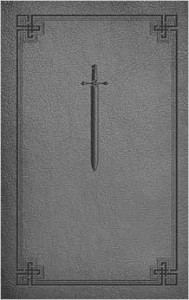 The
The

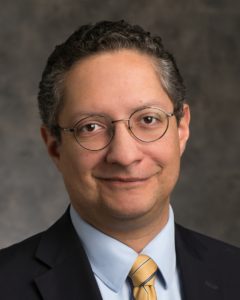 Episode 36- Regnum Novum: Bringing forth the New Evangelization through Catholic Social Teaching with Omar Gutierrez – We continue the study of the “
Episode 36- Regnum Novum: Bringing forth the New Evangelization through Catholic Social Teaching with Omar Gutierrez – We continue the study of the “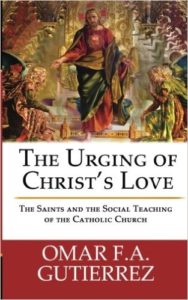
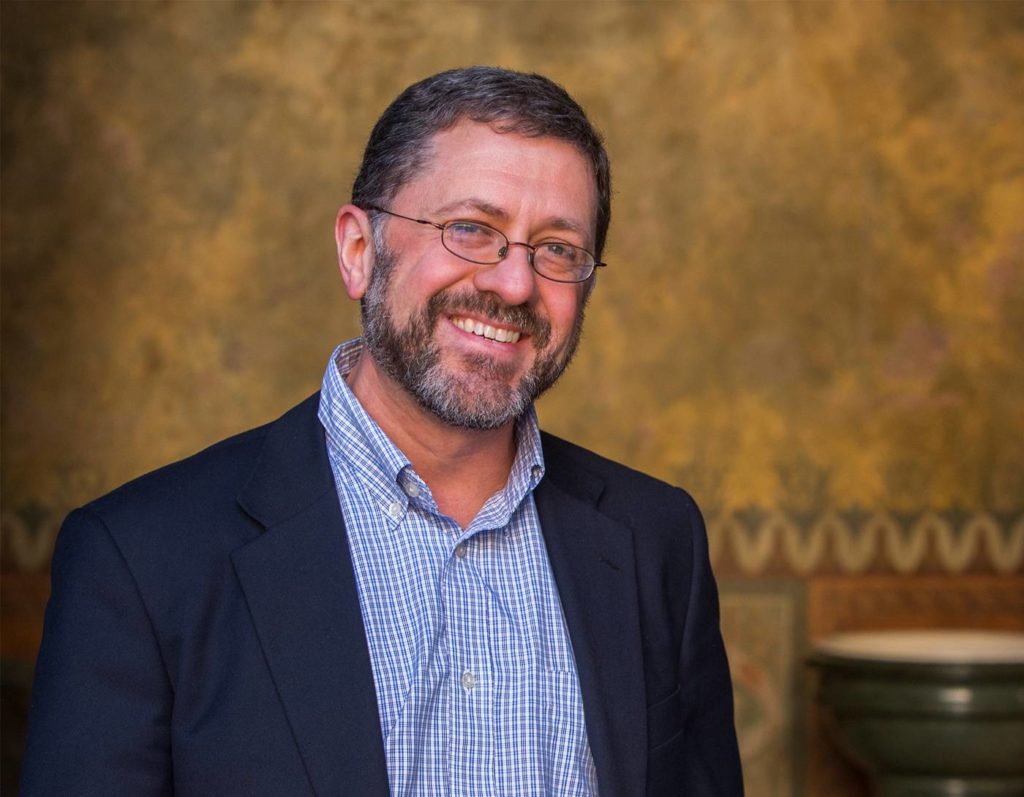 Episode 5 – Nero – “Villains of the Early Church: And How They Made Us Better Christians“
Episode 5 – Nero – “Villains of the Early Church: And How They Made Us Better Christians“